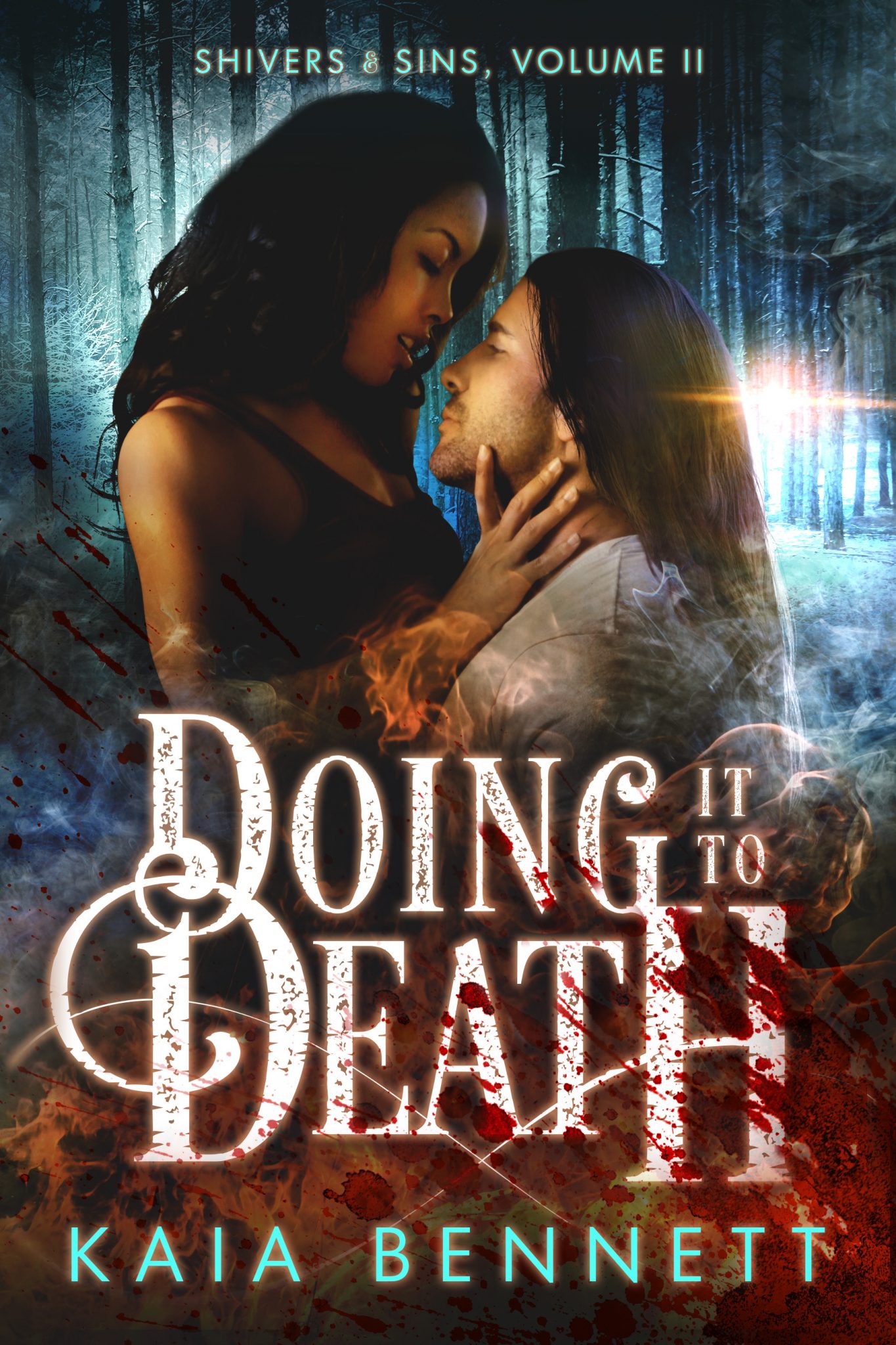(Yes I understand the difference between community based and government censorship. And while this post was spurred on by another author gaining negative attention, it’s about so much more than one book or one author. It’s about all of us and how we can be different and co-exist.)
Two women stand on a platform waiting for the train to come.
Woman A is standing over the yellow line. She should probably step back for her safety, but that’s not where she wants to stand. She likes the feel of the wind on her face when the train whizzes past. She likes the danger and she has a few friends who can relate to that feeling, that rush amidst the mundane commute to work.
Woman B abhors this. Woman A’s behavior is distasteful and dangerous. How dare Woman A break the rules and set a bad example. So many women have died on these very tracks. And for some reason other women are walking past and giving Woman A compliments for breaking the rules. They want to stand over the yellow line just like Woman A and it’s disgusting and unfair. Woman B was here first, she follows the rules, and believes this is how you show respect to those who died on those tracks.
And now the train is coming…
Woman B pushes Woman A onto the tracks. Because Woman B says it’s her responsibility to make an example of this one disrespectful woman so others don’t step over the line. It’s not allowed, the train station says so. So what if a police officer did just walk right past and let several other women stand over the line, it’s not okay. Read the sign, it says step back! Woman A, in her brazen yellow coat to match the line she refused to tow, deserved to fall. So why not help her inevitable descent?
The train hits Woman A.
But the train isn’t what killed her.
The thing that killed Woman A was self-righteousness, a road paved with good intentions we’ve all walked down a time or two. Woman B believed Woman A deserved to be splattered across the tracks because she stepped over the line, and the shove is what sealed the deal. To say anything else is to lie. All the other women standing on the platform saw the shove. Some agree the train should have run Woman A over, but that’s not the point. The point is the shove, the aggressive act used to hurt someone Woman B disagreed with while claiming to care about the safety of the other commuters.
And while Woman B would like to believe she pushed Woman A because of the need to protect other women… truthfully Woman B pushed her because Woman A would have gotten on the train first.
We, as women, might vocally blame the train station for not putting up barriers to keep us safe. We might write a scathing post about the men who build these machines with unwieldy breaks, and call them to task for not fixing our faulty transportation system. But we seldom manage to hurt those men as much as we hurt other women riding the same train.
*
I don’t think that’s okay. I don’t think that’s sisterhood. I think that’s letting the train station off the hook, letting rapists off the hook, and finding another way to blame women for their assaults while calling them contributors to rape culture.
Her skirt is too short. She was drunk. She read rape fiction.
We don’t abhor the proliferation of rape fantasies as told and passed down by men disguised within mythology and religion in the same way. We don’t get texts and retellings on “Hades and Persephone” reported and pulled, despite the fact that he fed her the food of the dead, taking away forever her autonomy for several months out of the year. In some cases, this myth is considered a HEA dark romance. Hades is forever faithful to his queen, who once was a spring Goddess snatched from her mother’s embrace, from youthful maiden innocence. She’s rewarded with a kingdom and her “bad boy” king, with maturity. Or there’s the darker story, the one where she’s trapped and wishes to return home and never recaptures her innocence. Depends on who is telling the tale, but the main thrust of the story, the abduction and the archetypes, persist.
Dark romance and erotica are a part of us, like comedy, tragedy, and mystery. It’s understandable that some of us don’t like that part or our collective unconscious, for personal reasons. That doesn’t mean we can erase the existence of these genres and parts of our psyche, or tell others how to access and grapple with them in their own homes. We pride ourselves on being part of western civilization but rarely do we look back and research the works our “civilized” fore-bearers called entertainment. Their cheap smut is now called classic theatre and literature, while some school systems are working over time to ban the masterpiece “To Kill A Mockingbird”, or rewrite slaves as “African workers” in our textbooks in order to the hide our collective shameful history. Who is making these rules?
If I could control other women just by shaming them, I could have stopped 53% of white women from voting against our collective interests (economic, financial, healthcare based interests), the very things that help contribute to rape by disempowering real women in the real world. I can abhor. I can dislike. I can rail. But I cannot take away their voice without forfeiting my own. And I can’t throw them under the bus, raise my hands and say, “look at the tread marks though, it wasn’t me.”
Writers give readers the consensual reading experience they signed up for, a safe space for them to feel raw emotion. No matter what happens on those pages, the real woman can close the book. Assault victims can’t do that. Even the worst and most triggering book is not the actual triggering event. It’s a vibration, an echo of an event or feeling that couldn’t be closed. And for some women, they fight that event *with* fiction. With transgressive, smutty, taboo stories that help them tame the real life horror.
For some, their safe space is on the beach. For others, it’s inside a cage with sharks swimming around, their pointed teeth scraping against the metal bars.
Maybe I don’t agree with swimming with sharks. Maybe I swim with them every day. Maybe one day I’ll change my mind about swimming with sharks and wander back to the shore. But the day I work overtime to make sure no one can swim with sharks — or one person in particular — is the day I look up and find the beach has been closed, that the train no longer runs, forcing us all to walk.
You know who will be just fine with us women walking while they take the train? The guys over in literary fiction, fantasy, and science fiction.
Those men are writing the same stuff we want to tear women down for reading and writing. Only they’ll be getting a pat on the back in front of a fireplace, drinks in hand, talking about how fearless they were standing over that yellow line with the train whizzing past. And in a hundred years people will be studying their books in a classroom, while we, the women writing for women, will go down in history as peddling cheap romance and smut.
How can we expect this industry or the future to see our value, our nuances, if we ourselves are too busy casting stones with the words “wrong”, “dirty”, and “disgusting” etched on them? If we’re making the rules, why are we only enforcing them when they serve to hurt us and put us in boxes we didn’t create in the first place? We have agency. We can choose to wave off the works we disagree with. We can choose to work hard, grapple with the craft. We can choose as a community to live and let die. And we can choose to shove people in front of trains. I’m hoping, for our collective sake, we’ll choose instead to get better, pen the stories we love without fear, and take our rightful place beside the men who can and will write whatever they damn well please.

